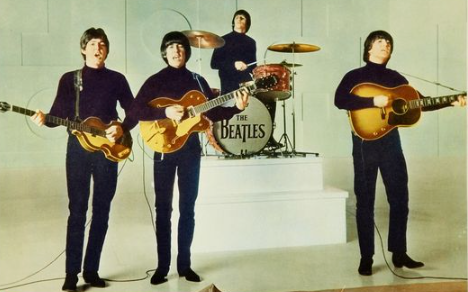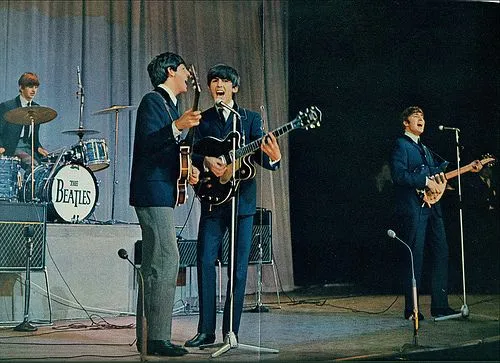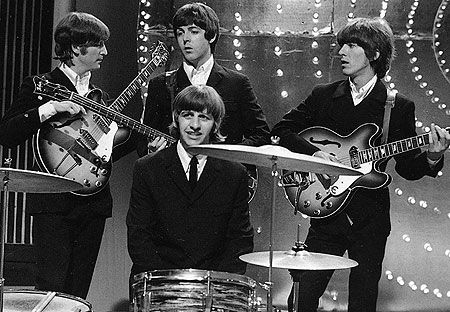About the song
(Watch the video below)
In the vast tapestry of The Beatles' discography, "Long, Long, Long" stands out as a quiet masterpiece, often overshadowed by the band's more bombastic hits. Released on their seminal album "The White Album" in 1968, this understated gem showcases the group's unparalleled ability to evoke profound emotion through simplicity and introspection. In this exploration, we delve into the haunting beauty of "Long, Long, Long," its origins, musical elements, spiritual themes, and enduring legacy.
Origins and Composition:
"Long, Long, Long" was penned by George Harrison, marking one of his earliest forays into songwriting maturity within The Beatles' catalog. Inspired by a profound spiritual experience, Harrison crafted a deeply personal composition that reflected his inner journey and quest for transcendence. The song emerged during the band's stay in Rishikesh, India, where they immersed themselves in Transcendental Meditation under the guidance of Maharishi Mahesh Yogi. Amidst the serene surroundings and introspective atmosphere, Harrison found himself grappling with existential questions and longing for spiritual fulfillment, themes that would permeate "Long, Long, Long."

Musical Elements:
What sets "Long, Long, Long" apart is its delicate arrangement and haunting atmosphere. The song opens with Harrison's gentle acoustic guitar, setting a tranquil mood that invites listeners into a space of introspection. Ringo Starr's subdued drumming and Paul McCartney's understated bass provide a subtle rhythmic pulse, anchoring the ethereal instrumentation. Harrison's vocals, tender and introspective, weave through the melody with a sense of yearning and longing, conveying the depth of emotion inherent in the lyrics. The song's climax, characterized by a sudden surge of distorted guitar and ghostly organ chords, adds a sense of catharsis and release, culminating in a moment of transcendent beauty.
Spiritual Themes:
At its core, "Long, Long, Long" is a meditation on the ineffable nature of existence and the yearning for spiritual connection. Harrison's lyrics speak to a sense of longing and desire for transcendence, as he grapples with the complexities of love, loss, and inner turmoil. The repeated refrain of "How could I ever have lost you?" reflects Harrison's profound sense of regret and remorse, perhaps alluding to his tumultuous relationship with Pattie Boyd or broader existential questions about the nature of attachment and impermanence. Yet, amidst the melancholy, there is also a glimmer of hope and redemption, as Harrison finds solace in the realization that love endures beyond the constraints of time and space.

Enduring Legacy:
Despite its initial reception as a hidden gem on "The White Album," "Long, Long, Long" has since garnered critical acclaim and a devoted following among fans and music aficionados. Its haunting beauty and introspective lyrics continue to resonate with listeners, offering a moment of solace and reflection in an increasingly chaotic world. The song's inclusion in the Beatles' catalog highlights Harrison's evolving role as a songwriter and spiritual seeker, paving the way for future explorations of transcendence and enlightenment in his solo work.
Conclusion:
In conclusion, "Long, Long, Long" stands as a testament to The Beatles' unparalleled creativity and emotional depth. Through its haunting melody, introspective lyrics, and ethereal atmosphere, the song invites listeners on a journey of self-discovery and spiritual awakening. As George Harrison's ode to love, loss, and transcendence, "Long, Long, Long" remains a timeless masterpiece that continues to captivate and inspire generations of music lovers around the world.



